Many individuals currently prefer “organics” and “naturals,” sometimes known as herbals. Herbal supplements’ growing popularity has spawned a new craze, if not a new health lifestyle. But, before you jump on board, there are a few things you should know about this mean, “green” dietary supplementing machine.
What is the distinction between a medication and a dietary supplement?
Drugs, according to the definitions established by various countries’ food and drug administrations, are chemicals that can prevent, prolong life, treat other effects of a health condition, improve quality of life, and/or cure ailments and diseases, or alter the function of any part or chemicals inside the body. These medications have therapeutic claims that have been authorized. Paracetamol, for example, is a medicine used to reduce body temperature in those who have a fever. Scurvy treatment with ascorbic acid is recommended. To treat minor cases of anemia, iron supplements are provided.
Herbal supplements are not medications, but rather nutritional supplements. The key distinction is that, unlike pharmaceuticals, they do not have recognized therapeutic claims. Furthermore, dietary supplements may contain vitamins, minerals, herbals, or amino acids, all of which are intended to add to or supplement an individual’s diet. They are not intended to be used in place of any meal or medicine.
The majority of modern medicines were formerly derived from animals and plants. Chemists have separated the life-saving or life-curing components from the toxic ones over the years. This resulted in additional drug research and development, which resulted in the manufacturing of a wide range of synthetic medications for a number of maladies and conditions. However, semi-synthetic medications and drugs that closely resemble more natural compositions are still available.
Because herbal supplements are made from a combination of raw herbs reduced into powder or gel form and then packaged as tablets and capsules, there is a possibility that life-threatening or at least body chemistry-altering components are still present, prompting the medical community to express concern.
Is there an increase in concern about the usage of herbal supplements?
Yes. With the growing popularity of using and ingesting anything herbal or organic, there is an increase in the number of bogus herbal supplements that risk lives. If that’s the case, why are herbal supplements approved by the Food and Drug Administration? One strategy to ensure public safety is to have all potential medications, foods, beverages, and dietary supplements registered with the appropriate authorities. Otherwise, they would pose a greater risk, with these items being sold on the black market for a high price.
If herbal supplements are properly classified by the Food and Drug Administration, we can ensure their quality and safety. Furthermore, persons may be able to make appropriate complaints if a deterioration of health condition is demonstrated to be linked to the usage of a specific herbal supplement.
Is it worth the risk to take herbal supplements?
Yes. Many people who have tried herbal supplements have reported an improvement in their health. Whether this is due to the herbals themselves or a placebo effect, as long as they do not exacerbate an individual’s condition, using them is worth the risk. However, several factors must be noted before using herbal supplements:
Your doctor is the expert.
First and foremost, discuss your situation with your doctor. Inquire with him/her if using a specific herbal supplement is safe for your health situation. People who have heart, liver, or renal problems or malfunctions are usually recommended not to use these herbs, or to take them in small amounts. All chemicals are digested and filtered in the liver and kidney, respectively. Kava, which is used to ease stress, has been removed from the Canadian, Singaporean, and German markets due to the presence of chemicals that cause liver damage.
Certain herbals, such as Ephedra, used for weight loss, include compounds with heart-inducing properties that can elevate heart rate, which in turn can fatigue the heart and induce heart attacks, as documented by the American Medical Association in multiple documented cases.
Follow the usage instructions.
Never use more herbal supplements than prescribed by your doctor or as directed on the bottle. Each person reacts differently to the ingredients in herbal supplements. While taking primrose oil capsules is absolutely harmless for one person, it may cause an adverse reaction in another. So, don’t even consider drinking one bottle of
It has no proven curative properties.
Whatever the product pamphlet or bottle label claims about how it has been discovered to be beneficial in particular health situations, these herbal supplements are not medicinal. As a result, do not substitute these for prescriptions given by your doctor for the treatment of specific conditions, for maintaining blood pressure, decreasing blood sugar and cholesterol, or fighting infections.


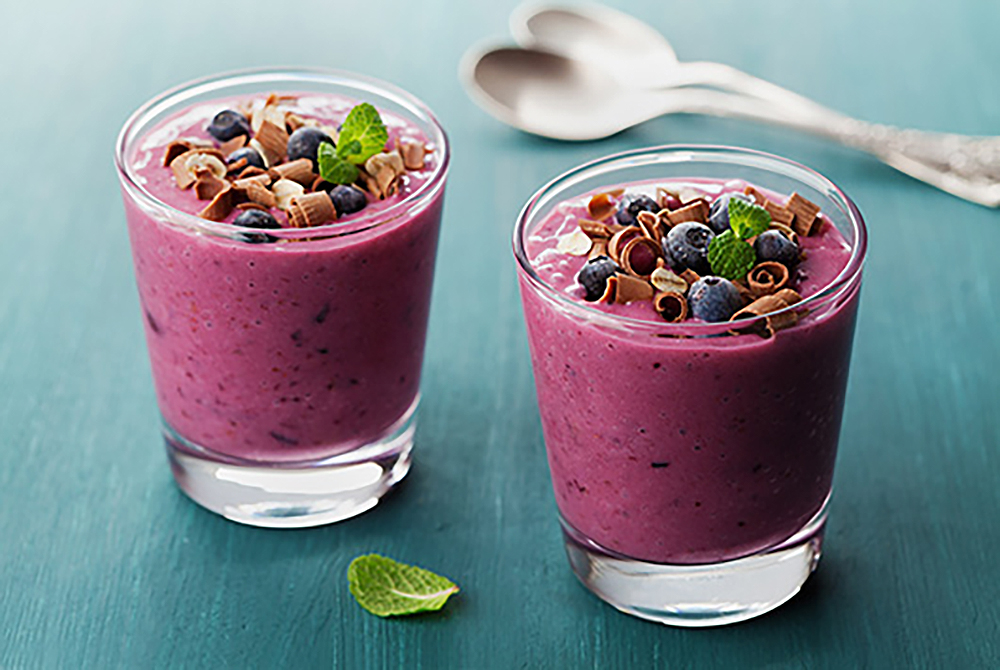



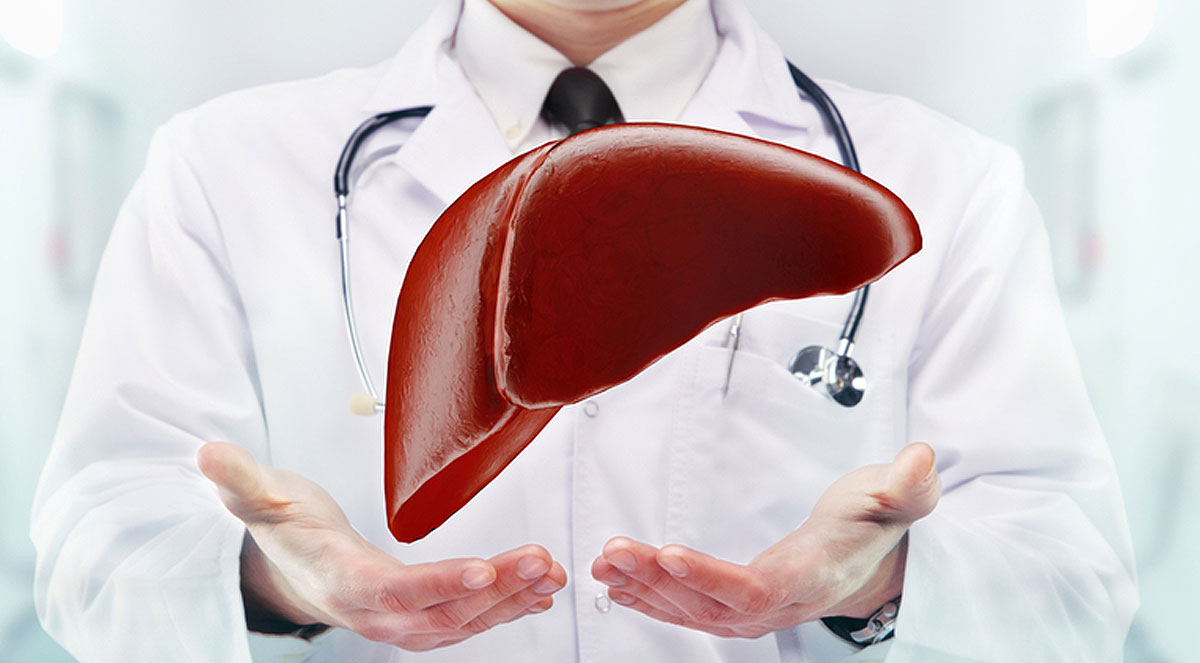


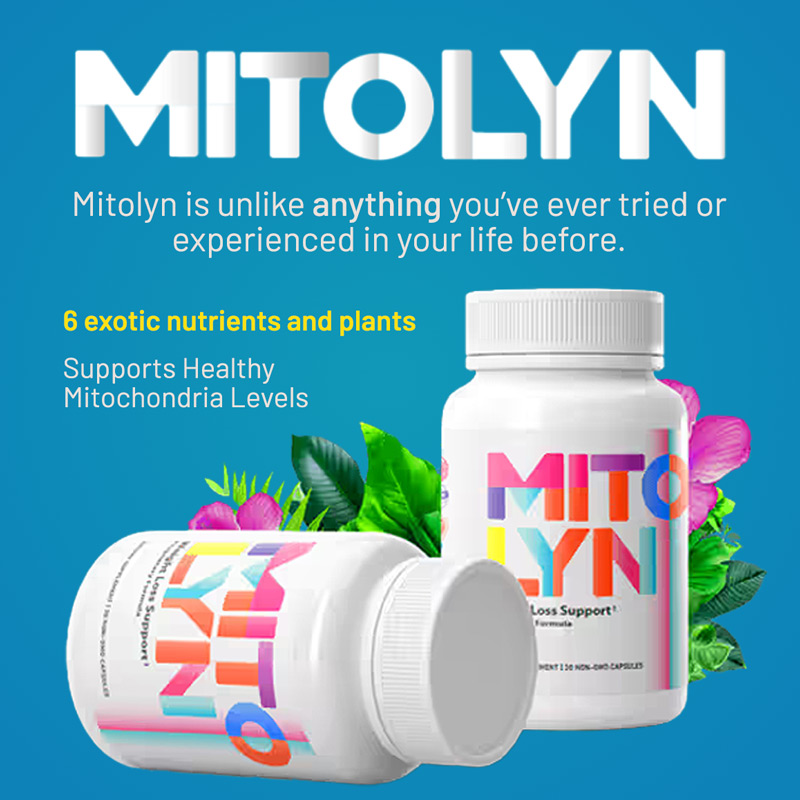



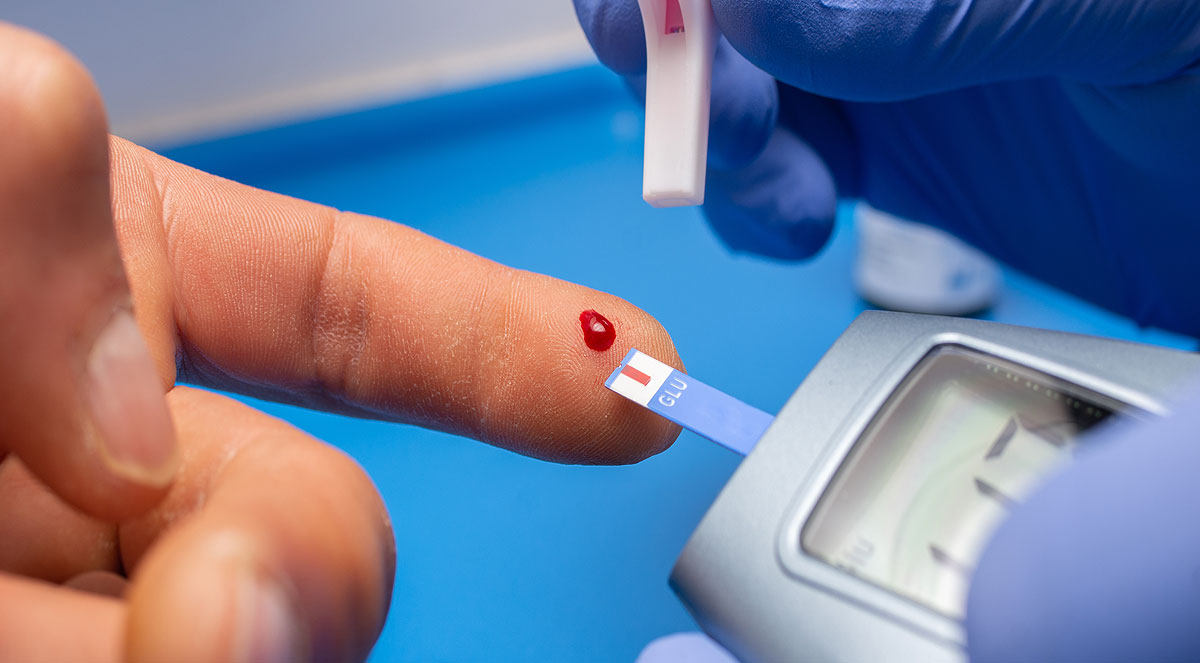
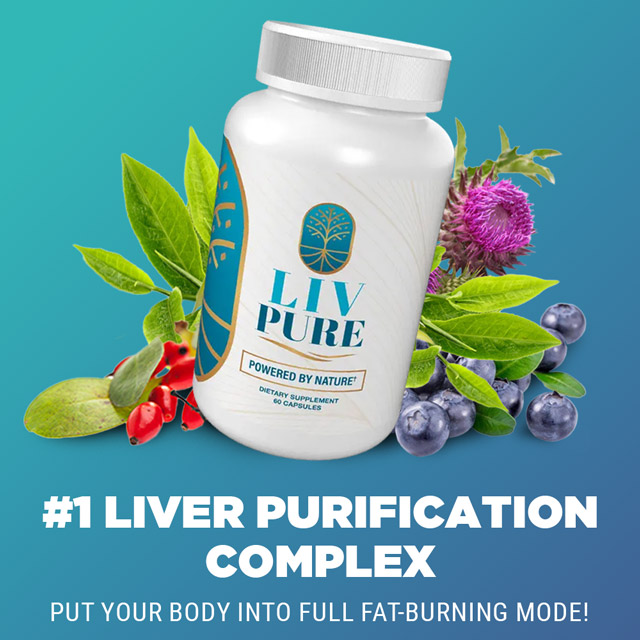
Thank you for keeping us safe and informed! Truly appreciate all of your hard work and knowledge and making it easy to understand.